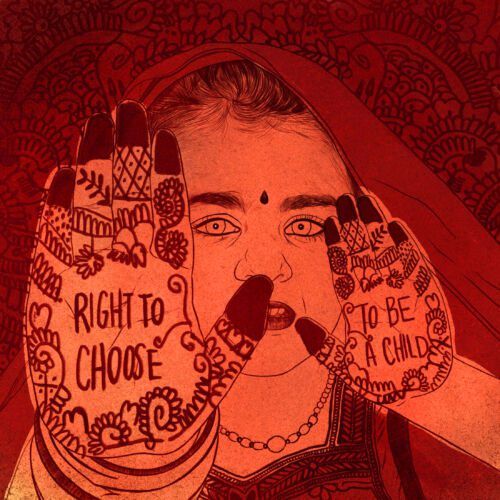The conflict between Israel and Palestine – causes and course
Violence between Israel and Palestinians has escalated since early 2023, mainly in the West Bank and east Jerusalem. These are areas occupied by Israel since the 1967 Middle East war. In the first two months of this year, 60 Palestinians and 14 Israeli citizens were killed in the conflict. What are the causes of the dispute? According to the Palestinians, it is primarily the expansion of Israeli settlements on land in the West Bank, which they regard as part of their future state. These settlements are considered illegal under international law, although Israel denies this.
In the West Bank, it is mainly Al-Fatah that is fighting against Israel, while in the Gaza Strip, Hamas is active. Palestinians oppose Israel and the occupation and take revenge for Israeli attacks. Israel, in turn, accuses the Palestinian Authority (AP) – the governing body for Palestinians in the West Bank – of inciting the attacks. According to the Israeli authorities, the ongoing “Break the Wave” operation there is intended to hit militant groups to stop them from attacking. However, the raids often occur in densely populated refugee camps and other urban areas where soldiers encounter armed resistance, often ending in bloodshed.
According to the centrist Israeli Political Forum, “the combination of a far-right Israeli government that escalates confrontations with Palestinians in the West Bank, and a Palestinian youth movement that has recently dedicated itself to terrorism and armed struggle as its preferred forms of resistance, will only ensure more such days [of bloodshed – ed. note]”.



























